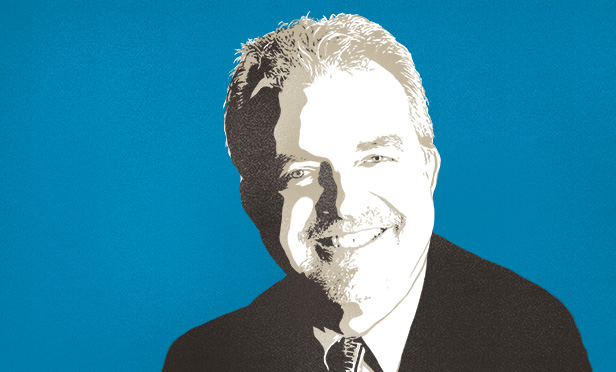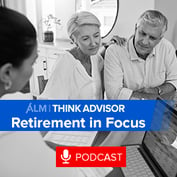
Last year was busy for Greg Friedman. He sold his CRM firm Junxure, co-founded with longtime partner Ken Golding, to AdvisorEngine on Dec. 31, 2017. Two days later, Friedman’s Northern California-based planning firm Private Ocean acquired Lakeview Financial of Seattle. Then in late September, Private Ocean acquired RIA Mosaic Partners, founded and led by another planner pioneer, Norm Boone.
What has Friedman learned about advisory firm M&A and does he plan more for 2019? Further, how has his role changed, if at all, at an expanded Private Ocean, which now counts 55 employees at four locations and manages $2 billion-plus in assets?
Friedman says he’s “still open” to acquisitions that might be a good fit, though the back-to-back deals of about a year ago were tiring. He did learn he has “a pretty deep well of capacity” to handle challenges featuring “lots of spinning wheels.”
Being successful with Private Ocean’s deals validated something else for Friedman: that “culture and people are the determining factor of success” when it comes to advisory firm M&A.
The aphorism that culture trumps strategy every time is true, he learned — again. “You can have a really great strategy, but if you have a really bad culture, your odds of success are very low,” while even a middling strategy matched with a great culture has higher odds of success.
When it comes to the role of an advisory firm CEO, Friedman says that entrepreneurs spend loads of time coming up with great business ideas and formulating value props and strategies, which are important. But more important, he says, is to build a culture that allows you to attract and retain “talented, happy, productive, forward-looking people.”
Because creating and maintaining such an environment takes a “ton of work, constantly,” Friedman says, many leaders “go back to strategy because it’s easier” than working on culture. Building a firm’s culture, he’s learned, also “starts at the top” for good or ill, because “people mirror what they’re shown.”
Friedman builds his culture by spending half his time checking in and listening to employees, he says. But he also shares with employees where he “wants to go with the business.” That’s a core ingredient in why Private Ocean employees “feel empowered, speak up and like coming to work,” he argues.









 January 31, 2019 at 11:00 AM
January 31, 2019 at 11:00 AM








